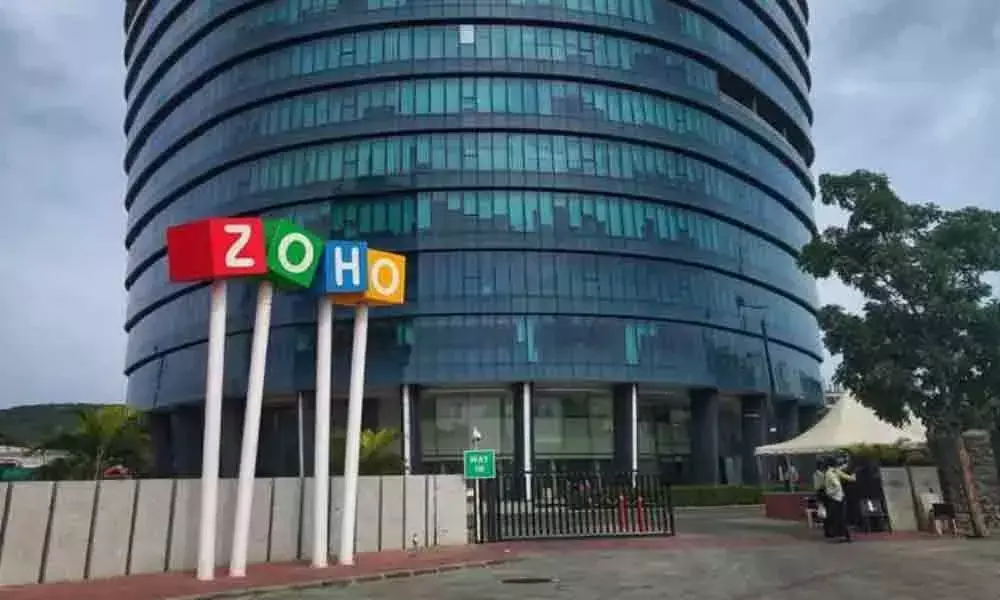
Zoho Halts $700 Mn Chip Plan, Hits India’s Semi Aspirations
In a significant development that has sent shockwaves through India’s semiconductor landscape, Zoho Corporation, a leading software company, has put on hold its ambitious plan to invest $700 million in setting up a semiconductor manufacturing facility in the country. The decision comes on the heels of the company’s failure to find a suitable technology partner, a crucial aspect of the project.
Zoho’s decision to halt the project has far-reaching implications for India’s aspirations to become a major player in the global semiconductor industry. The project was expected to not only create 460 jobs but also play a significant role in bridging the country’s growing demand for domestic chip production.
The Karnataka-based unit of Zoho, which was initially expected to commence operations by 2025, had planned to manufacture semiconductors for various industries, including automotive, consumer electronics, and industrial control systems. The project was seen as a significant step towards achieving technological self-reliance in India, a goal emphasized by Zoho’s CEO, Sridhar Vembu.
In an interview, Vembu highlighted the importance of technological self-reliance for a country like India, which is heavily dependent on imports for its chip requirements. He emphasized that India needs to focus on developing its own technology ecosystem to reduce its dependence on foreign companies and ensure the country’s long-term growth.
The Zoho Corporation’s decision to halt the project has sent a wake-up call to the Indian government, which has been actively promoting the development of the country’s semiconductor industry. The government has been working towards creating a conducive environment for chip manufacturers, offering incentives, and providing support to domestic players.
Despite the setback, the government remains committed to its semiconductor investment efforts. In a statement, the government reiterated its commitment to the development of the industry and stated that it will continue to support domestic players in their efforts to set up chip manufacturing facilities.
The Zoho Corporation’s decision to halt the project is a clear indication of the challenges faced by Indian companies in setting up chip manufacturing facilities. The lack of a suitable technology partner, as well as the high investment required for the project, are seen as major hurdles.
The Indian government has been working towards addressing these challenges by providing support to domestic players and encouraging foreign companies to invest in the country. However, the Zoho Corporation’s decision to halt the project highlights the need for further efforts to create a conducive environment for chip manufacturers.
The semiconductor industry is a highly competitive and capital-intensive sector, and India needs to ensure that it has the necessary infrastructure, talent, and resources to support the growth of domestic players. The government’s efforts to promote the development of the industry are welcome, but more needs to be done to create a level playing field for domestic players.
In conclusion, the Zoho Corporation’s decision to halt its $700 million semiconductor project is a setback for India’s aspirations to become a major player in the global semiconductor industry. While the government continues to support domestic players and promote the development of the industry, more needs to be done to create a conducive environment for chip manufacturers. The industry needs to focus on developing its own technology ecosystem and reducing its dependence on foreign companies to ensure long-term growth.






